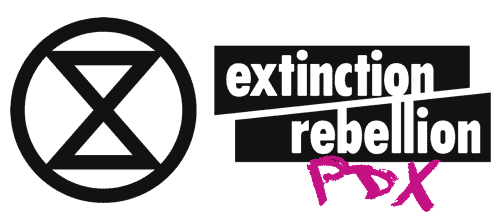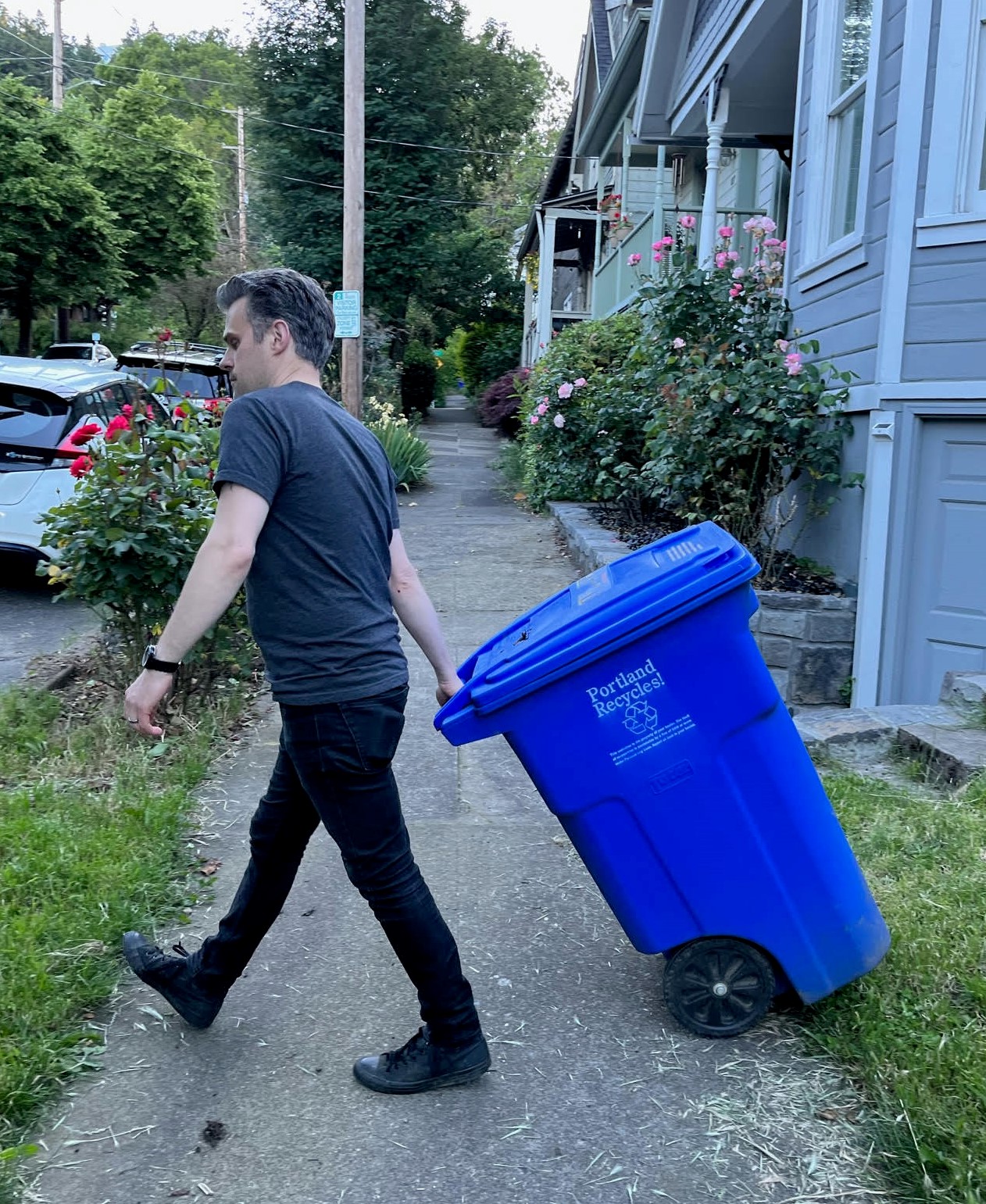As a child in the early ‘90s, I was already deeply worried about the world I would inherit as an adult. My well-meaning parents bought me a book, a children’s version of a new best seller, Fifty Things You Can Do to Save the Earth. Like thousands of others that year, I read the book voraciously and began to more carefully sort our household recyclables, make sure lights were turned off in unoccupied rooms, and tried unsuccessfully to convince my parents to start using canvas bags for their groceries. It felt good, but in retrospect, amounted to very little.
Since that time, environmental action has been framed in mainstream discourse almost exclusively as a matter of personal responsibility. This mentality lives on in our fixation on our individual carbon footprints. “If only I can drive a little less, eat less rice, and buy a few more offsets,” the logic goes, “I can be carbon neutral and I’ve done my part.” That narrative resonates in a capitalist society driven by myths of rugged individualism, but this approach is not just insufficient, it’s harmful. The focus on lifestyle choices provides us with a false sense of accomplishment when we pull the recycling bins out to the curb, an illusory feeling of efficacy and control that is appealing in the face of global challenges that can seem insurmountable. We should individually reduce waste and our reliance on fossil fuels where we can, but that’s not going to be enough and it’s not where our real power lies. That’s precisely why many automobile and oil companies have embraced the idea of carbon footprints in their marketing–it’s a comforting distraction from the real work we need to do that shifts responsibility onto consumers.
Even in consumer societies like the US, each individual’s contribution to climate change is miniscule in the big picture. Put simply, the most significant source of greenhouse gasses is giant corporations. Research from the Climate Accountability Institute has consistently shown that fewer than 100 companies are responsible for two-thirds or more of global carbon emissions. The individualist approach would be to boycott those companies, but even a cursory glance at history shows us that boycotts without direct action seldom accomplish much. There may be value in boycotts as an ethical exercise or as part of a broader political communication strategy, but to think they are going to significantly impact the bottom lines of major corporations is mostly delusional.
Our real lever of power is collective action aimed at either compelling companies to change their business practices, or even better, pressuring elected leaders to enact policies that change the rules of social institutions–universities, cities, counties, states, nations. If we’re serious about moving the needle, this is where the action is. Representative Earl Blumenauer’s efforts to pass the Climate RESILIENCE Act and pressure President Biden to declare a climate emergency are an admirable example of what can happen when we make people in office hear our voices. The latter would give President Biden executive authority to bypass some of the intractable gridlock in DC.
In the absence of such powers, however, our most promising opportunities for substantive change are at the state and local levels. This is the fundamental principle behind two XRPDX campaigns for 2022. Compelling the City of Portland to create and enforce policies that will reduce emissions citywide will do more than several lifetimes of recycling bottles and cans. That’s why I got involved with Extinction Rebellion, as a means of moving beyond such individual gestures. With the window for action to avert climate disaster rapidly closing, we must think bigger than our carbon footprints. So go ahead and pull those recycling bins out to the curb, but more importantly, join us next time we take to the streets.

